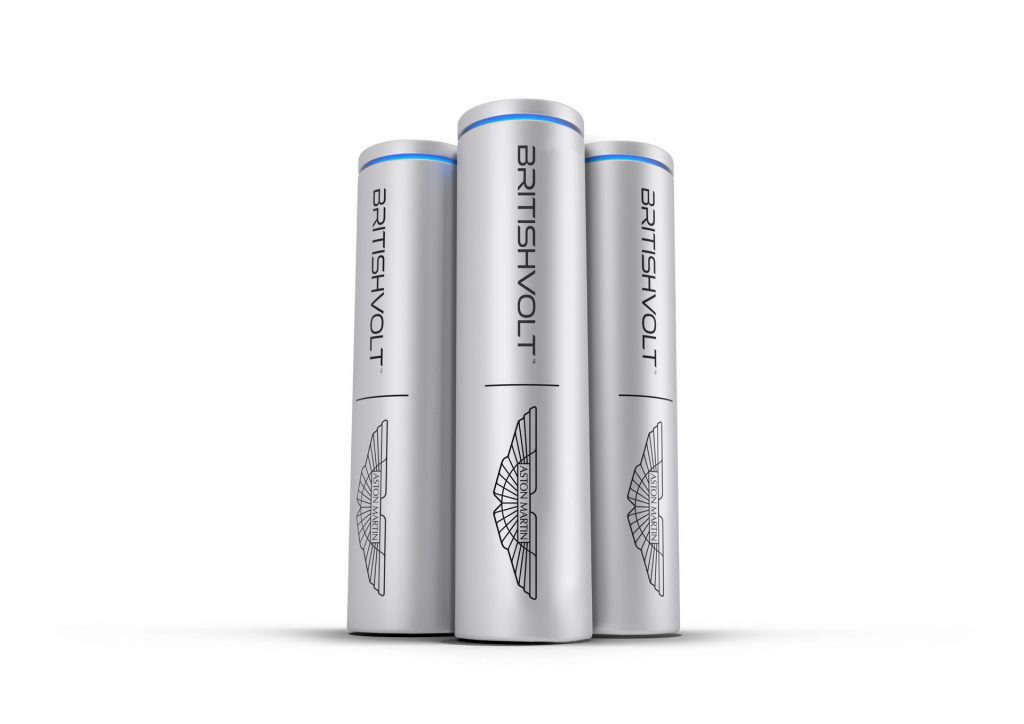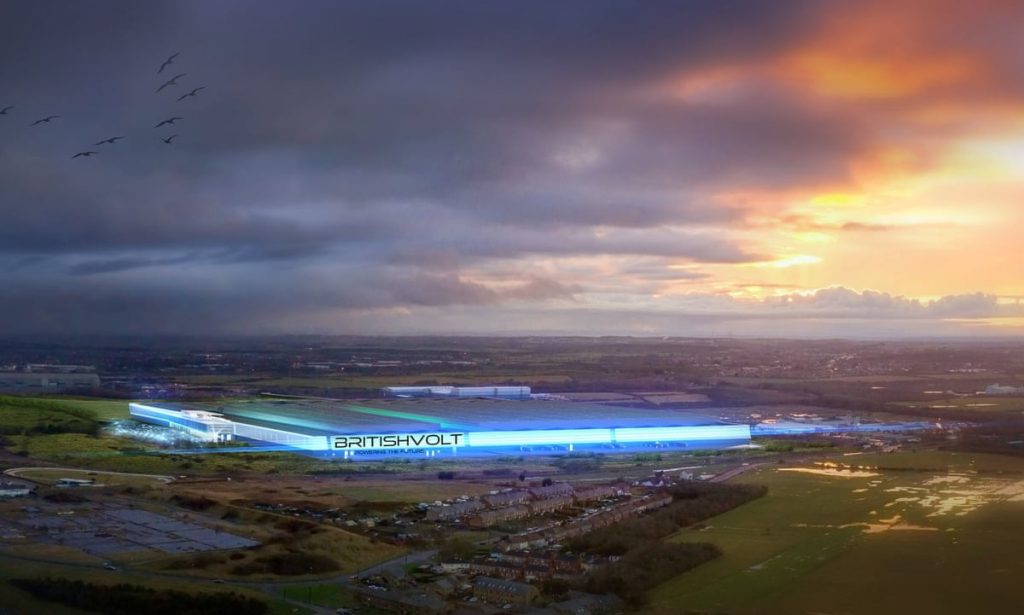UK battery startup Britishvolt has fallen into administration and there are fears its failure represents a broader issue with the future of the automotive industry in the UK.
Britishvolt had grandiose plans to become a huge supplier of batteries for electric vehicles. It was working on a $5.1 billion gigafactory in Northumberland with the promise of creating 3,000 jobs and producing 30 gigawatt hours of batteries by 2030. It would have been able to produce enough cells for 300,000 battery packs per year and the British government said it would invest £100 million ($123 million) into the company were it to hit certain goals.
However, Britishvolt failed to attract the funding that was needed to secure its long-term future. It also failed to secure any serious supply deals with any major car manufacturers and only announced research and development tie-ups with Aston Martin and Lotus.

Ultimately, all that is left of Britishvolt are a couple of dozen employees.
Read: Battery Start-Up Britishvolt Preparing To Build $5.1 Billion Gigafactory In The UK
Brexit has made it more difficult for firms like Britishvolt to survive. As Bloomberg notes, car manufacturing is an integrated multinational business and because of Brexit, firms face increased costs through customs paperwork, border delays, and other trade friction, reducing profit margins.
It’s little surprise then that many battery manufacturers are choosing to establish sites elsewhere in Europe. For example, Tesla’s Berlin plant will ultimately produce 100 GWh of cells per year, China’s CATL is building a battery plant in Germany, SK Innovation is establishing three sites in Hungary, and LG Energy Solution has a factory in Poland. In 2019, Elon Musk said Brexit was the reason it decided against establishing a battery facility in the UK.
“I would call it an unmitigated disaster for the auto industry in the UK,” former Aston Martin chief executive Andy Palmer said of Britishvolt’s collapse. “Ultimately, British car manufacturing will migrate to where the battery factories are, which is going to be in central Europe.”




